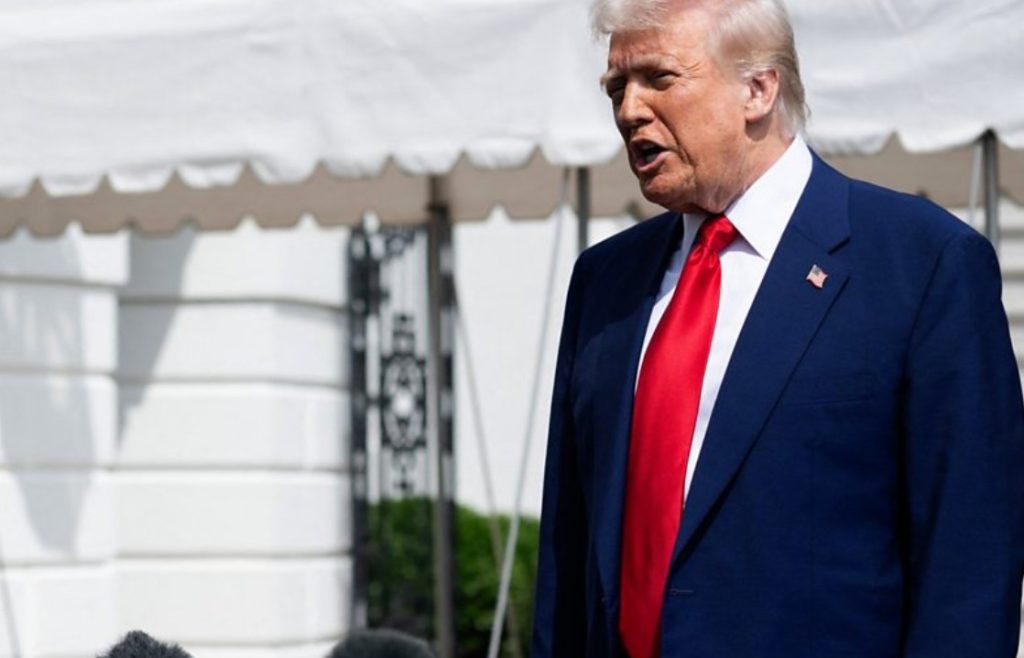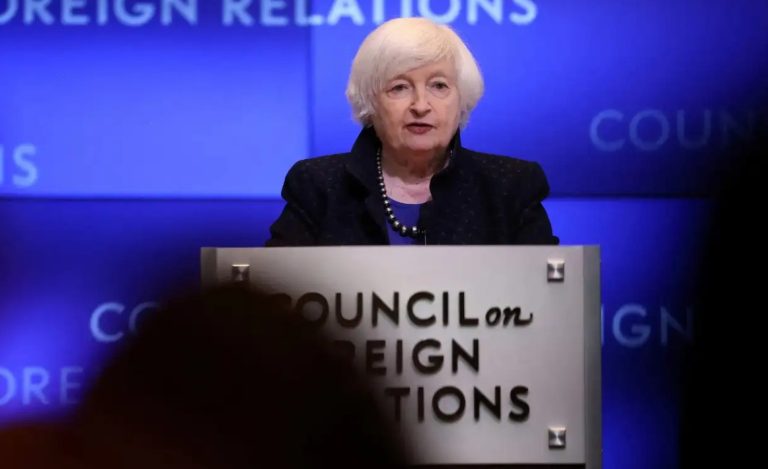Public Trust in Trump’s Economic Leadership Crashes: What the Polls Reveal
In a dramatic shift of public sentiment, new polls indicate a significant drop in confidence regarding former President Donald Trump’s handling of the U.S. economy. Once heralded for his business acumen and economic policies, Trump now faces a wave of skepticism from the American public. This decline in confidence raises questions about the future of economic stability and the impact on voter behavior.
The Polling Data
Recent surveys conducted by various reputable polling organizations reveal a stark decline in public trust. According to the latest data, only 35% of respondents expressed confidence in Trump’s economic leadership, down from 60% just a year ago. This drop is attributed to several factors, including the ongoing economic challenges, policy changes, and the lingering effects of the COVID-19 pandemic.
Economic Challenges
The U.S. economy has faced numerous hurdles in recent years, including supply chain disruptions, inflation, and a volatile job market. While Trump’s administration initially saw some economic growth and low unemployment rates, the pandemic brought unprecedented challenges that tested the resilience of the economy.
Critics argue that Trump’s handling of the pandemic, including his approach to stimulus packages and support for small businesses, has left many Americans feeling economically vulnerable. The slow recovery and persistent inflation have further eroded public confidence in his economic policies.
Policy Changes and Impact

Trump’s economic policies, such as tax cuts and deregulation, were initially praised for their potential to boost economic growth. However, the long-term effects of these policies have been mixed. While some sectors benefited, others struggled with the changing economic landscape.
The administration’s focus on trade wars and tariffs also had a significant impact on the economy. While these measures were intended to protect American industries, they led to increased costs for consumers and businesses, contributing to inflationary pressures.
Public Sentiment and Future Implications
The decline in public confidence in Trump’s economic leadership has broader implications for the political landscape. As voters prepare for upcoming elections, economic issues remain a top concern. The shift in sentiment could influence voter behavior, potentially impacting the balance of power in Congress and future presidential elections.
Supporters of Trump argue that his policies were necessary to stimulate economic growth and protect American interests. They point to periods of economic expansion and job creation as evidence of his effectiveness. However, critics contend that the long-term effects of his policies have been detrimental, leaving the economy more vulnerable to external shocks.
Conclusion
The latest polls highlighting a drop in confidence in Trump’s economic leadership reflect a complex interplay of factors. Economic challenges, policy changes, and the ongoing pandemic have all contributed to this shift in public sentiment. As the nation navigates these turbulent times, the economic policies of future leaders will be closely scrutinized.
The decline in confidence underscores the importance of addressing economic challenges with comprehensive and sustainable solutions. It also highlights the need for transparent communication and effective leadership in times of crisis. As the U.S. continues to grapple with economic uncertainties, the lessons learned from this period will shape the future of economic policy and public trust.In a dramatic shift of public sentiment, new polls indicate a significant drop in confidence regarding former President Donald Trump’s handling of the U.S. economy. Once heralded for his business acumen and economic policies, Trump now faces a wave of skepticism from the American public. This decline in confidence raises questions about the future of economic stability and the impact on voter behavior.
The Polling Data
Recent surveys conducted by various reputable polling organizations reveal a stark decline in public trust. According to the latest data, only 35% of respondents expressed confidence in Trump’s economic leadership, down from 60% just a year ago. This drop is attributed to several factors, including the ongoing economic challenges, policy changes, and the lingering effects of the COVID-19 pandemic.
Economic Challenges
The U.S. economy has faced numerous hurdles in recent years, including supply chain disruptions, inflation, and a volatile job market. While Trump’s administration initially saw some economic growth and low unemployment rates, the pandemic brought unprecedented challenges that tested the resilience of the economy.
Critics argue that Trump’s handling of the pandemic, including his approach to stimulus packages and support for small businesses, has left many Americans feeling economically vulnerable. The slow recovery and persistent inflation have further eroded public confidence in his economic policies.
Policy Changes and Impact
Trump’s economic policies, such as tax cuts and deregulation, were initially praised for their potential to boost economic growth. However, the long-term effects of these policies have been mixed. While some sectors benefited, others struggled with the changing economic landscape.
The administration’s focus on trade wars and tariffs also had a significant impact on the economy. While these measures were intended to protect American industries, they led to increased costs for consumers and businesses, contributing to inflationary pressures.
Public Sentiment and Future Implications
The decline in public confidence in Trump’s economic leadership has broader implications for the political landscape. As voters prepare for upcoming elections, economic issues remain a top concern. The shift in sentiment could influence voter behavior, potentially impacting the balance of power in Congress and future presidential elections.
Supporters of Trump argue that his policies were necessary to stimulate economic growth and protect American interests. They point to periods of economic expansion and job creation as evidence of his effectiveness. However, critics contend that the long-term effects of his policies have been detrimental, leaving the economy more vulnerable to external shocks.
Conclusion
The latest polls highlighting a drop in confidence in Trump’s economic leadership reflect a complex interplay of factors. Economic challenges, policy changes, and the ongoing pandemic have all contributed to this shift in public sentiment. As the nation navigates these turbulent times, the economic policies of future leaders will be closely scrutinized.
The decline in confidence underscores the importance of addressing economic challenges with comprehensive and sustainable solutions. It also highlights the need for transparent communication and effective leadership in times of crisis. As the U.S. continues to grapple with economic uncertainties, the lessons learned from this period will shape the future of economic policy and public trust.

